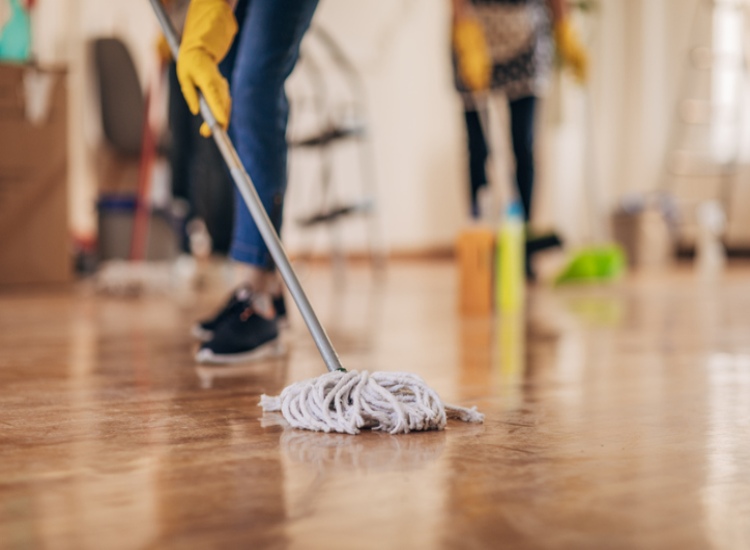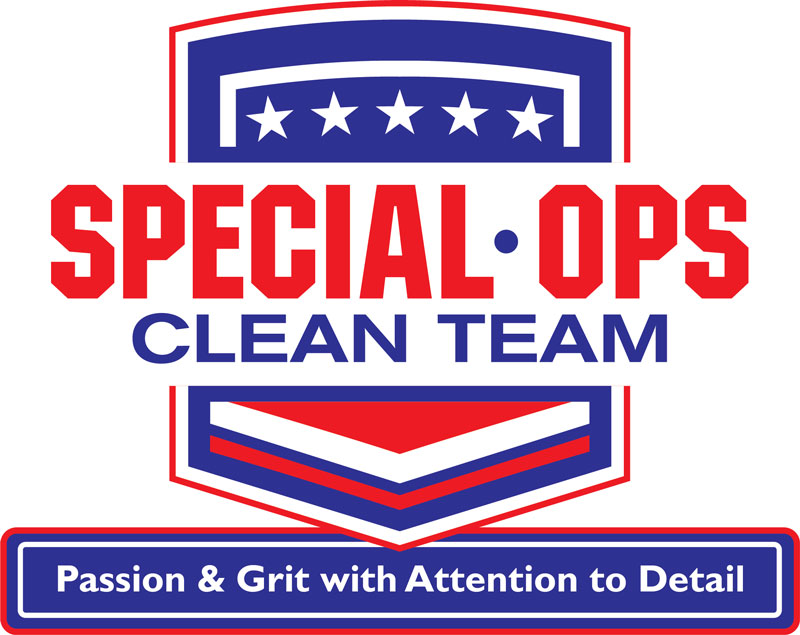
Understanding the Importance of Cleaning Your House Regularly
Dust, clutter, and messes always creep up faster than you’d like. When daily life gets busy, cleaning is often the first chore to face the chopping block. Yet regular house cleaning is the only way to keep your living space fresh and inviting. It’s not just about presentation when you’re having guests over—it’s about protecting your family from illness and preserving your peace of mind.
How Regular House Cleaning Promotes a Happy, Healthy Home
Dust mites live in fabrics, carpet beetles thrive in carpets, pet dander lingers on furniture, and mold can develop in damp corners. Without attention, these irritants may spread into the air, onto your skin, and into your body. Deep house cleaning reduces these risks, creating a safer environment for everyone who walks through the door.
Another reason for maintaining a steady routine is to protect the home itself. Tracked-in dirt, grimy fingers, and pet messes may leave permanent stains and odors on your flooring, furniture, and fixtures. Professional house cleaning prevents such long-term damage by addressing both obvious messes and hidden trouble spots.
Cleanliness also impacts your mental health. Walking into a clean home creates a sense of calm, while crumbs on the couch and stacks of unwashed dishes can leave you feeling stressed. When you don’t have the time or energy to clean up, a trusted house cleaning company provides consistency that makes daily life easier.
Risks of Neglecting a Cleaning Routine
Skipping cleaning chores might not seem like a big deal, especially if no one is coming over, but the consequences add up fast:
- Health concerns: Dust, mold, and germs accumulate in homes where cleaning is neglected, worsening allergies, asthma, and respiratory illnesses. Unsanitary kitchen surfaces may harbor food-borne bacteria like Salmonella and E. coli. Plus, resulting pest infestations increase the chance of exposure to harmful droppings or bites. For vulnerable populations, such as children, seniors, and people with compromised immune systems, these hazards are even more concerning.
- Pests: Food crumbs, liquid spills, and piles of trash attract ants, cockroaches, and rodents. Once pests settle in, they spread quickly, making them hard to eliminate.
- Property damage: Spills stain carpets, dirt scratches hardwood floors, and pests chew through wires, insulation, and structural wood. What could have been prevented with routine cleaning may turn into expensive repairs and replacements before you know it.
- Unpleasant odors: Neglected trash cans, pet accidents, and leftover food odors permeate porous surfaces like carpet, upholstery, and wood. Without regular cleaning, these lingering smells become difficult to remove.
- Emotional strain: Living in a messy environment creates tension. You might find it harder to focus or relax when surrounded by clutter. Family members may even argue more often, and embarrassment about the mess may prevent you from inviting friends over.
Tips for Maintaining a Regular Cleaning Schedule
It’s possible to achieve a spotless home without an all-day, every-day cleaning marathon. Smart habits build consistency and keep small messes from escalating. Here’s what to try:
- Create a weekly cleaning schedule: Divide household chores across the week so you don’t get exhausted on “cleaning day.” Vacuum on Mondays, dust on Tuesdays, clean the bathrooms on Wednesdays, and so on.
- Reset daily: Spend 10 to 15 minutes in the evening tidying up. Load the dishwasher, wipe the counters, and put items back where they belong. A quick reset before bed prevents clutter from piling up and makes your morning go smoother.
- Focus on high-traffic areas: The kitchen, bathroom, and entryway need the most attention. A quick wipe-down has a big impact, since surfaces here collect dirt, moisture, and germs faster than other rooms.
- Get everyone involved: Assign age-appropriate chores to everyone in your household. Sharing the responsibility makes the workload feel lighter. Plus, your children will develop good habits early.
- Keep supplies handy: Stock cleaning tools and products in easily accessible areas. For instance, wipes belong in the bathroom, and a vacuum can go in the coat closet. Convenience makes chores more likely to get done on time.
Take the First Step Toward a Cleaner Home
If you want the benefits of a clean house without putting in the time and effort, you need Special Ops Clean Team by your side. Scheduling routine house cleaning services with us guarantees consistent results. Our professional crews deliver more than surface-level tidiness. With a focus on carpets, windows, upholstery, tile, and grout, we go places most maid services won’t touch. We also specialize in move-in and move-out house cleaning to help Phoenix homeowners and renters leave a spotless impression or enjoy a fresh start. Contact us today to request a quote for one-time deep-cleaning or routine services.
FAQs
How often should I deep-clean my home?
Because the term “spring cleaning” is so popular, some people falsely believe that deep house cleaning only needs to happen once a year. However, it’s best to address seldom-cleaned spaces every three to six months to prevent buildup and keep your home healthy. Items to include on your deep-cleaning list include:
- Ceiling fans and light fixtures
- Baseboards and trim
- Under beds
- Inside and behind appliances
- Cupboards and drawers
- Pantry shelves
What are some small daily habits to keep my house clean?
Simple steps like wiping the kitchen counters after each meal, putting laundry away immediately, and running the dishwasher at night prevent clutter and messes from building up. It’s amazing what you can accomplish in just a few minutes each day.
Why does tidiness affect mental health?
Living in a clean and organized environment provides a sense of control and calm. You can look around the tidy environment with satisfaction and contentment. On the other hand, cluttered or germ-ridden surfaces create stress and distraction. Your anxiety may intensify if you have a chronic health condition that makes maintaining a clean living space essential to protect your safety and well-being.
